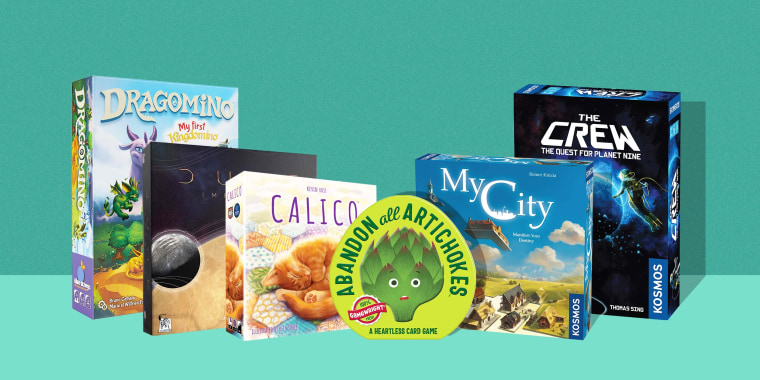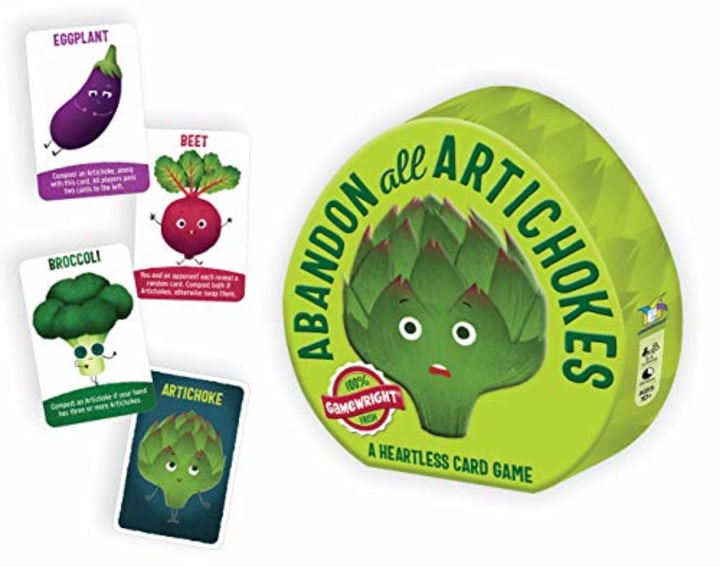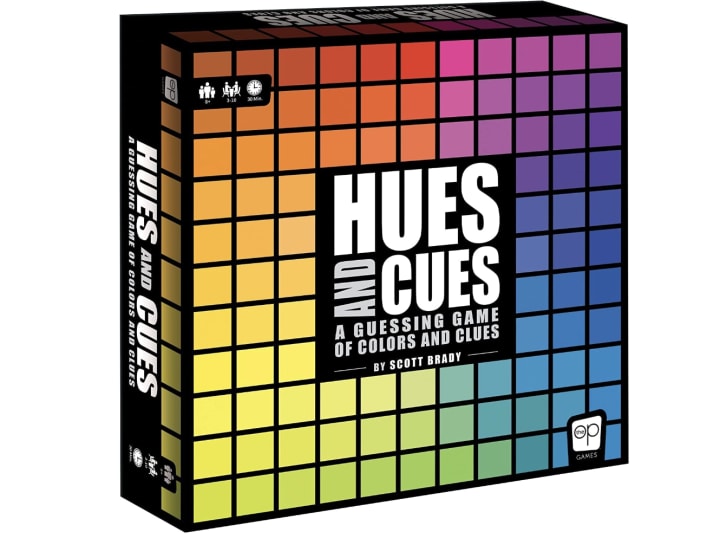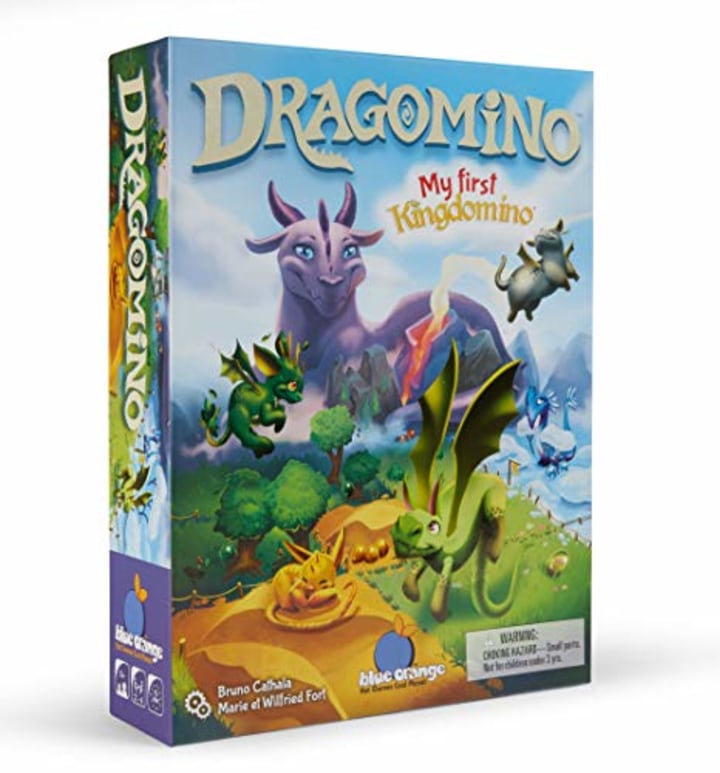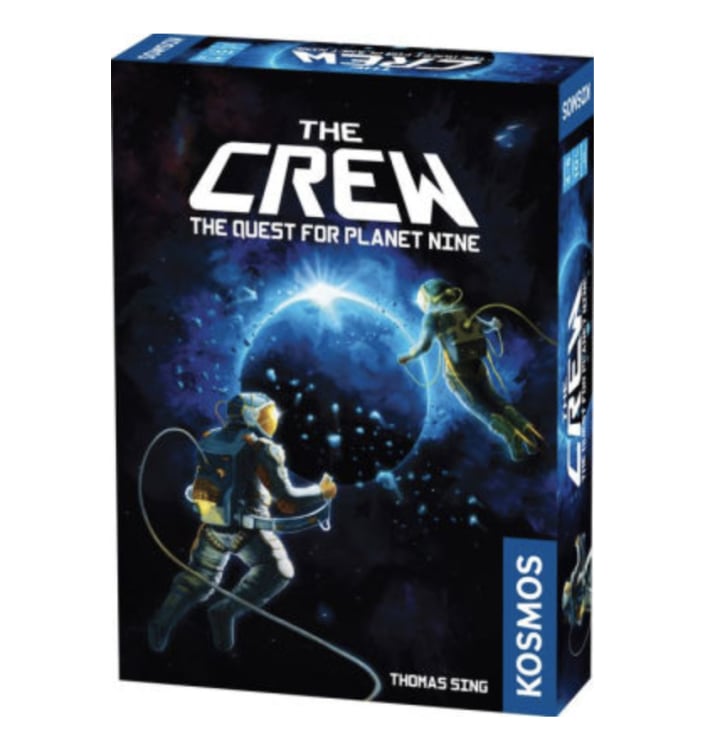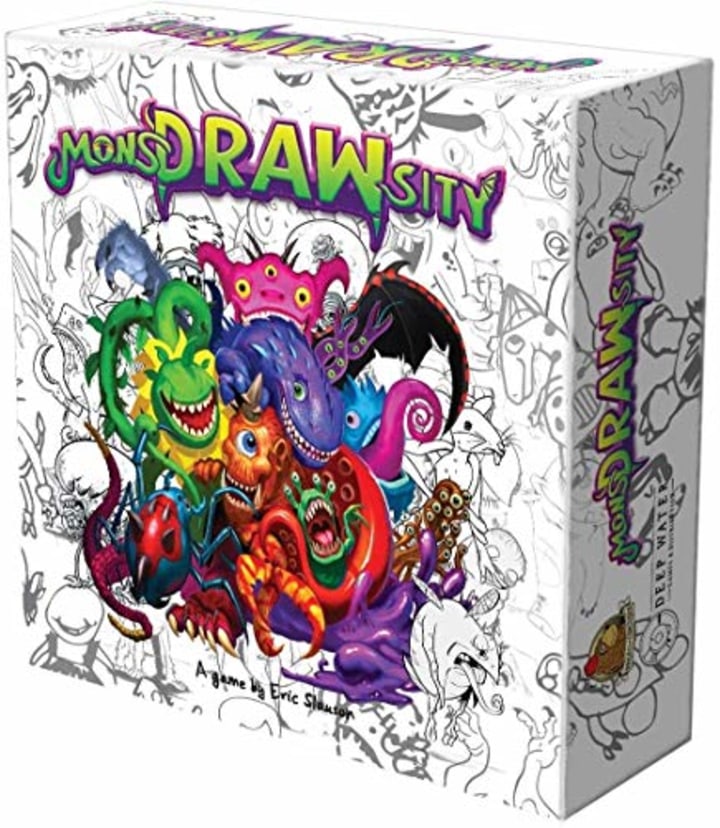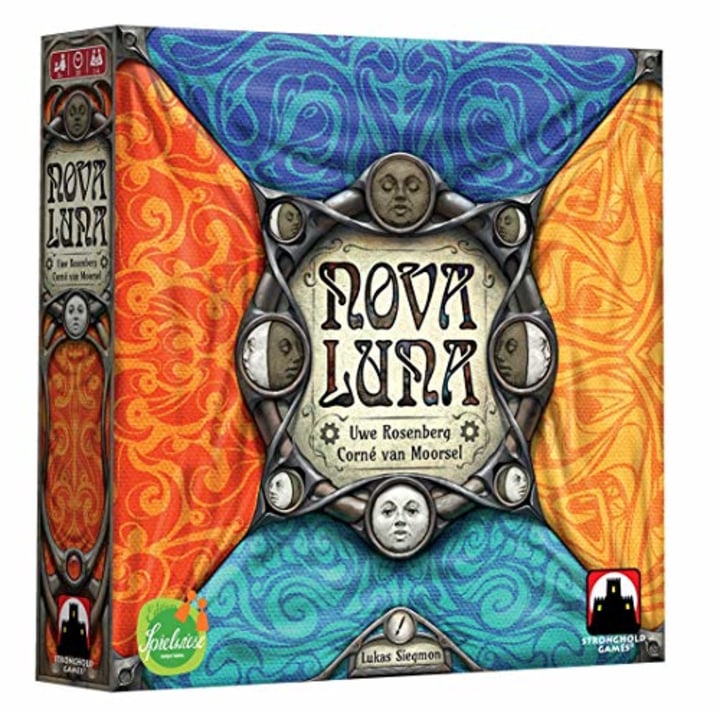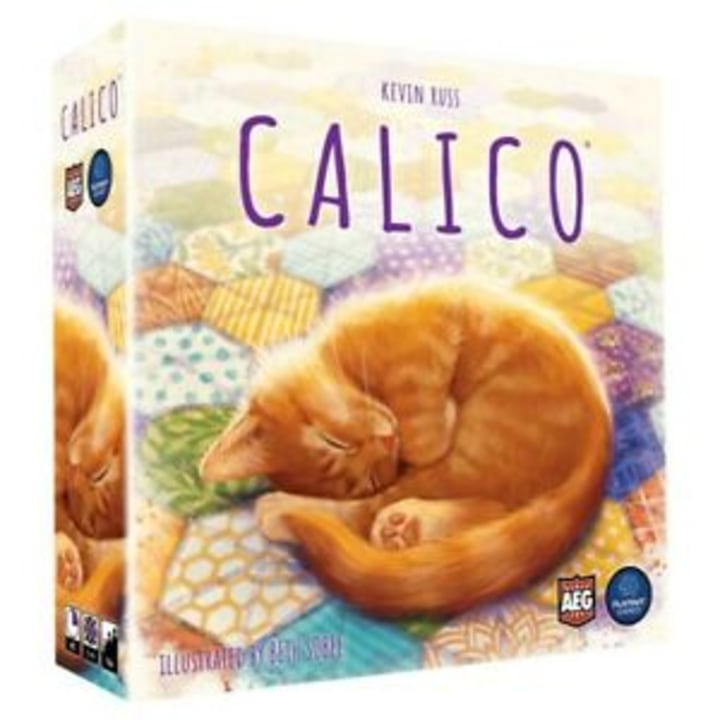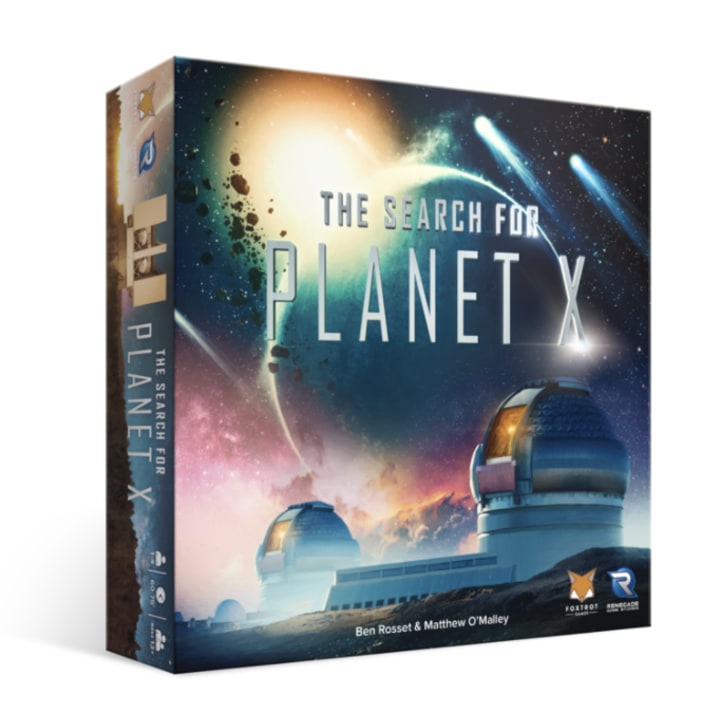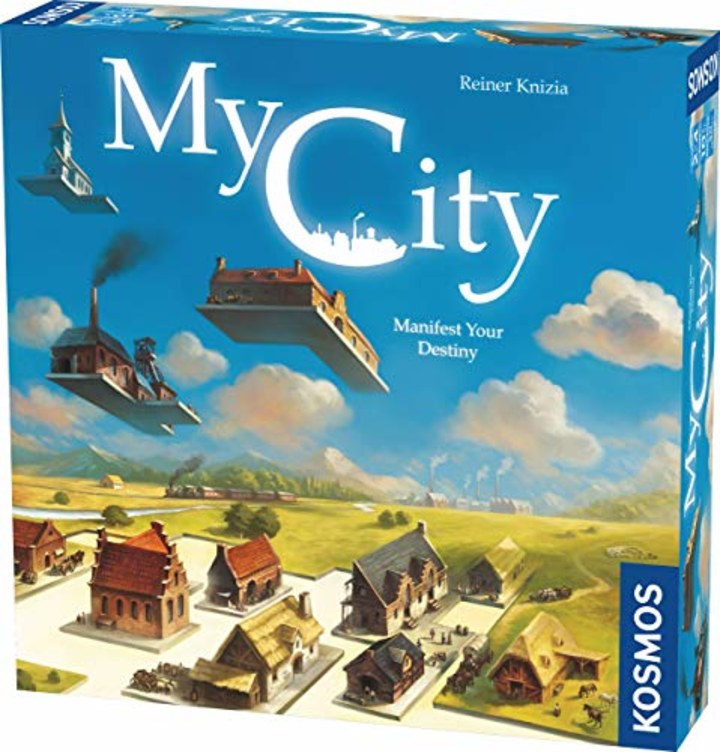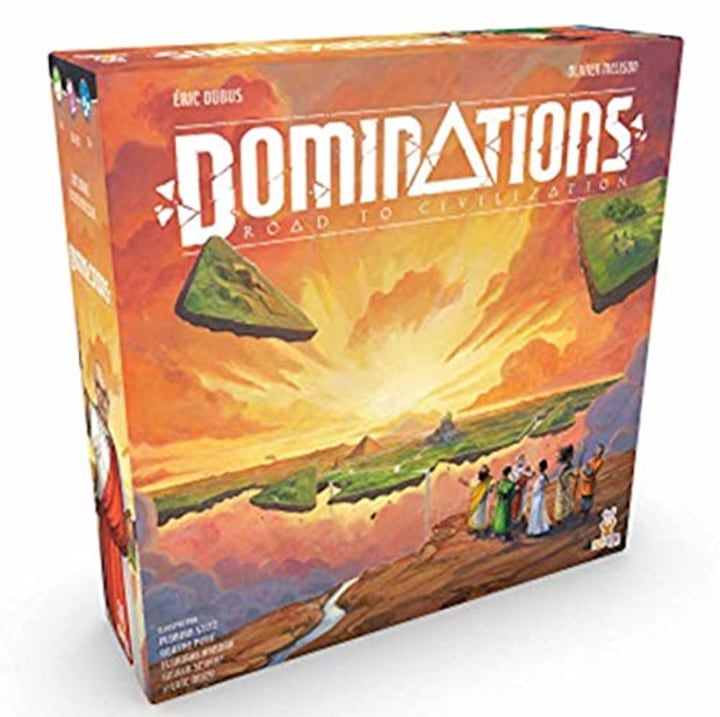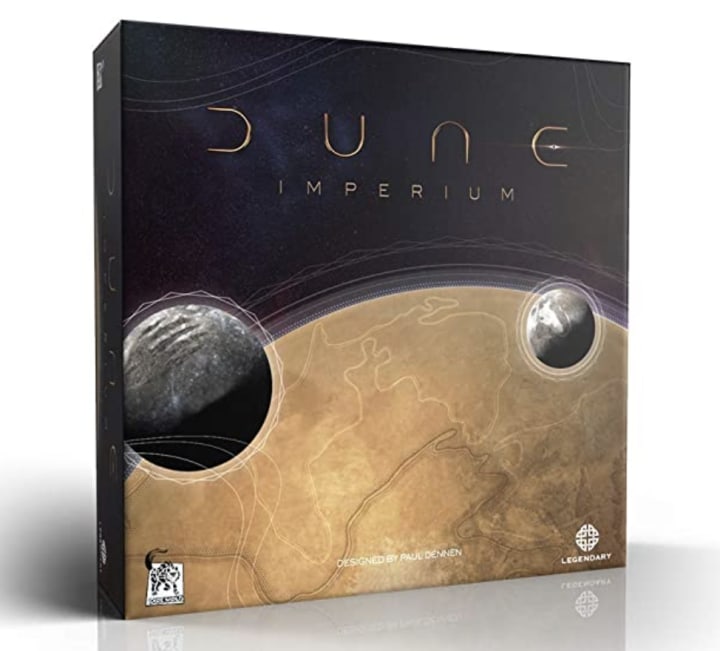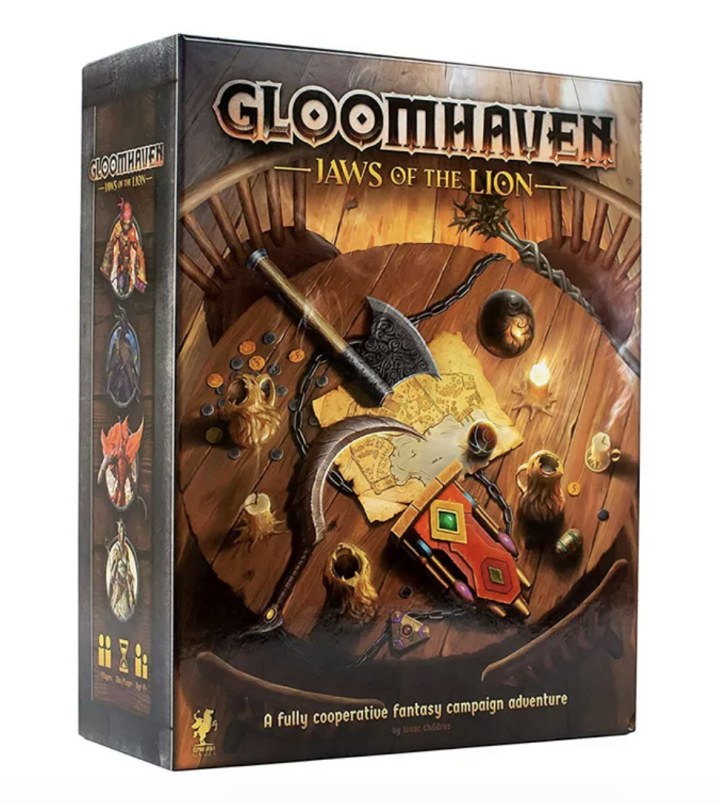The last year encouraged families to find creative ways to have fun while staying indoors that went beyond just watching television and playing video games — and many households turned to board games for comfort and old-fashioned game nights, even virtually. While classic board games like Clue, Monopoly and Taboo are solid options for bringing families together — especially now that more than 86 million Americans are fully vaccinated — finding a new game can be a welcome change, and 2020 gave us some exciting new releases to try out.
Recently, the American Tabletop Awards (ATTA) Committee announced its picks for the best board games released in 2020. The committee, which is made up of ten tabletop gaming industry experts, was formed in 2019 to create the American equivalent of Germany’s decades-old board game awards, Spiel des Jahres. The 2021 awards were given to the following games in four categories:
- Best in Early Gamers: Abandon All Artichokes
- Best in Casual Games: The Crew: The Quest for Planet Nine
- Best in Strategy Games: Calico
- Best in Complex Games: Dominations: Road to Civilization
To guide you through the winners in each category chosen for this year’s awards — and additional recommended games — we’ve included the number of possible players and the age suggestions from the manufacturer for each game. We also included each game's “weight,'' which is a scale BoardGameGeek (BGG) uses to determine how easy a game is to play and understand — the lower the weight, the easier it is to pick up.
Best early games
This category is composed of games that typically run between 15 and 45 minutes. These games are usually made for audiences ages 12 and younger or for players new to modern board games who need a more basic introduction.
1. Abandon All Artichokes (winner) by Emma Larkins
- Players: 2 - 4
- Ages: 10+
- BGG Weight: 1.52/5
This animated card game features a world where people suddenly hate artichokes — and your garden is full of them. Your objective is to get rid of your exclusively artichoke-filled deck and harvest fresh vegetables, with each card having its own rules attached that lets you swap and discard. This is a deck-building game, meaning that building your deck with increasingly better cards is part of the gameplay.
“What makes Abandon All Artichokes remarkable is that it takes the deck-building concept and makes it very accessible even to younger audiences,” said committee member Jonathan Liu. “I played it with my 6-year-old daughter and she picked it up easily.”
2. Hues and Cues (recommended) by Scott Brady
- Players: 3 - 10
- Ages: 8+
- BGG Weight: 1.25/5
Have you ever tried to describe a color without saying its name? This family-friendly board game challenges players to associate one or two words with each of the 480 colors on the board. After choosing a card and describing your chosen color through cues, you earn points based on how close players’ guesses are to the target color.
3. Dragomino (recommended) by Bruno Cathala, Marie Fort and Wilfried Fort
- Players: 2 - 4
- Ages: 5+
- BGG Weight: 1.18/5
In Dragomino, you are a “dragon trainer” sent to a mysterious island to meet your new dragons. But there’s multiple trainers headed to that same island, and you have to compete to see who finds the most baby dragons. This is the kid’s version of Kingdomino, the 2017 Spiel des Jahres winner where you explore and acquire land.
Best casual games
The casual games category comprises what the ATTA calls “approachable and appealing” games for players at any level of experience. According to the committee, they typically require around 30-60 minutes of playtime.
4. The Crew: The Quest for Planet Nine (winner) by Thomas Sing
- Players: 2 - 5
- Ages: 10+
- BGG Weight: 2.01/5
This game puts players on a space exploration mission as astronauts who need to work together to locate an unknown planet. There are more than 50 missions to try out and even some you can customize. After each mission is completed, the game becomes more difficult — and you can only complete a mission if every player has successfully fulfilled their individual tasks.
“The increasing difficulty and ongoing storyline (without feeling like you’re committing to a long-term legacy game) are a couple of the reasons this game excels,” said committee member Nicole Brady. “The Crew offers a variety of mission options that vary in length and difficulty and is an easy transition for people who typically play games like Hearts and Spades.”
5. MonsDRAWsity (recommended) by Eric Slauson
- Players: 3 - 8
- Ages: 8+
- BGG Weight: 1.00/5
One player, the “Witness,” will have 20 seconds to look at a picture of a strange-looking monster and then afterwards describe it to the other players, the “Sketch Artists.” The player who draws a picture that looks the closest to the monster seen by the witness gets points for the round.
6. Nova Luna (recommended) by Uwe Rosenberg and Corné van Moorsel
- Players: 1 - 4
- Ages: 8+
- BGG Weight: 1.90/5
Nova Luna (latin for new moon) is a colorful tile-laying game where players must place a new tile from the round board — called the “moon wheel” — in front of themselves. With each tile comes a new task, and players need to put tiles of the correct color adjacent to the task they want to complete — which then comes with a new task. After each task is solved, players place one of the markers on the board and the first to place all their markers wins.
Best strategy games
The strategy games considered by the ATTA Committee are relatively more complex and have greater requirements than the casual games. They also tend to take longer, usually running between 45 minutes to 2 hours.
7. Calico (winner) by Kevin Russ
- Players: 1 - 4
- Ages: 13+
- BGG Weight: 2.18/5
Calico is a tile-laying game filled with colorful artwork designed by Beth Sobel. It involves amateur quilters playing to earn buttons, attract cats and complete a unique quilt pattern. Players select a single patch tile from their deck to “sew” into their quilt, and then draw another patch from the available ones. Certain color groups will allow you to sew a button on your quilt for points, and certain patterns attract cuddly cats. The game is currently sold out, but the brand states that orders will be available again in the coming months.
“Overall, I’ve enjoyed Calico quite a bit,” said committee member Jonathan Liu. “I think it will appeal to those who enjoy a good puzzle, and I like that the simple ruleset mean that I can play with my youngest daughter too, just ignoring the goal tiles and scoring buttons and cats instead.”
8. The Search for Planet X (recommended) by Matthew O'Malley and Ben Rosset (pre-order, available May 2021)
- Players: 1 - 4
- Ages: 13+
- BGG Weight: 2.40/5
In The Search for Planet X, players become astronomers searching for a mysterious planet. The game’s companion app provides certain research information (including the location of objects like comets, asteroids and dwarf planets) and players must follow pre-defined logic rules to successfully locate Planet X.
9. My City (recommended) by Reiner Knizia
- Players: 2 - 4
- Ages: 10+
- BGG Weight: 2.09/5
My City is a legacy game, meaning it changes and evolves as the game progresses. It allows players to build their own cities through different eras, starting with development at early preindustrial stages and going through industrialization. The game boards will redesign in each episode (24 total), with three episodes forming a chapter (each chapter follows a new set of rules). The game is personalized — each player’s choices impact their own boards until all 24 episodes are complete.
Best complex games
The complex games category features games for more experienced players that involve strategy and varied game mechanisms. They typically take longer to play: This year’s complex games require anywhere between 30 minutes to 120 minutes of playtime, according to the ATTA committee.
10. Dominations: Road to Civilization (winner) by Éric Dubus and Olivier Melison
- Players: 2 - 4
- Ages: 13+
- BGG Weight: 3.61/5
This game takes players through the process of building a nation over three Ages, where they must build monuments, develop cities and master skills (which then become one of the pillars of their society). As they gain power, players will earn points throughout the game, and the person with the most points wins.
“[Dominations is] a massive orchestra of a game: You don’t always see or hear certain things in the background, but Dominations is designed to bring certain mechanics (like roles, or Locus creation) to the forefront at the right time for them to be interesting and relevant,” said committee member Eric Yurko.
11. Dune: Imperium (recommended) by Paul Dennen
- Players: 1 - 4
- Ages: 14+
- BGG Weight: 2.91/5
Based on the literary series by Frank Herbert, Dune: Imperium is a deckbuilding game in which your card deck defines your strengths and weaknesses throughout the game. It encourages players to defeat their rivals through their cards, navigate the four political factions represented in the game and obtain specific cards to win.
12. Gloomhaven: Jaws of the Lion (recommended) by Isaac Childres
- Players: 1 - 4
- Ages: 14+
- BGG Weight: 3.56/5
This fantasy adventure game is a prequel to the original Gloomhaven, which contains a storyline of nearly 100 combat-based scenarios. Unlike the original, Gloomhaven: Jaws of the Lion only features 25 scenarios and includes four new characters, each with their own unique set of abilities. Each player chooses a character to play and utilizes the deck of ability cards associated with that character. Players go through various scenarios as they investigate mysterious disappearances in the city (and go against monsters while they’re at it).
Catch up on Select's in-depth coverage of personal finance, tech and tools, wellness and more, and follow us on Facebook, Instagram and Twitter to stay up to date.
